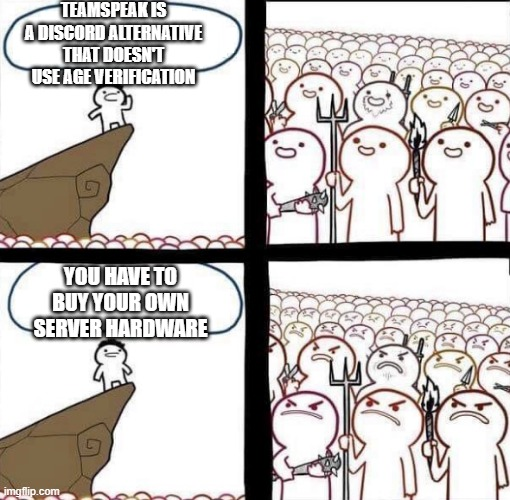HTTP 418: I'm a teapot
The server identifies as a teapot now and is on a tea break, brb
HTTP 418: I'm a teapot
The server identifies as a teapot now and is on a tea break, brb
Devops Memes
DevOps: where developers and operations united to create a new job title that somehow does both jobs with half the resources. These memes are for anyone who's ever created a CI/CD pipeline more complex than the application it deploys, explained to management why automation takes time to implement, or received a 3 AM alert because a service is using 0.1% more memory than usual. From infrastructure as code to "it works on my machine" certificates, this collection celebrates the special chaos of making development and operations play nicely together.

 AI
AI
 AWS
AWS
 Agile
Agile
 Algorithms
Algorithms
 Android
Android
 Apple
Apple
 Bash
Bash
 C++
C++
 Csharp
Csharp















